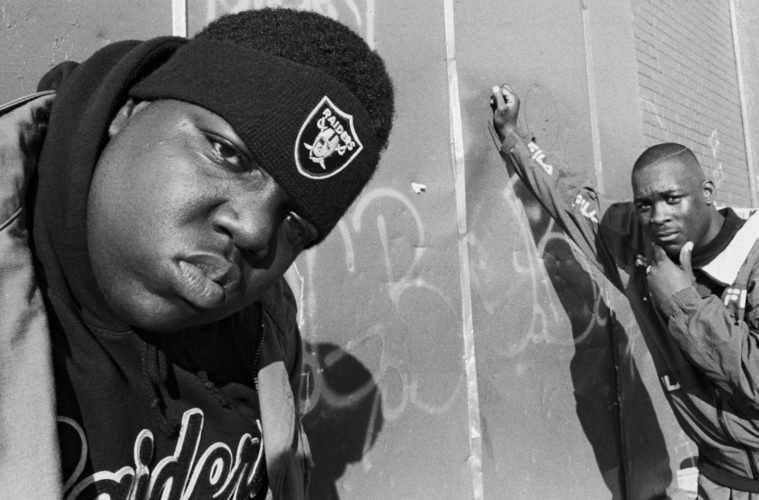 Now streaming on Netflix, Emmett Malloy’s new documentary, Biggie: I Got a Story to Tell, is a hip-hop doc about the artist who created his own sound and became a staple of the genre. Much like Christopher Wallace himself, the film is a shot of adrenaline, humor and personality.
Now streaming on Netflix, Emmett Malloy’s new documentary, Biggie: I Got a Story to Tell, is a hip-hop doc about the artist who created his own sound and became a staple of the genre. Much like Christopher Wallace himself, the film is a shot of adrenaline, humor and personality.
The film reflects the rapper’s work thanks to a wealth of archival footage from the Wallace family, to which Malloy and producer Sean Combs were granted full access. It gives us a chance to see B.I.G. before he was big, to relive the days when he was, “the opposite of a winner, a born sinner,” who ate sardines for dinner.
While other documentaries about Biggie have chronicled his glory days, what’s refreshing about this one is the way it explores his modest, humble beginnings. Raised by a single mother – a Jamaican immigrant, who worked as a school teacher – Biggie spent most of his time as a boy hanging out on a few blocks in Brooklyn, including a street run by drug dealers. While he and his friends were selling crack, he was also working on his music, honing a lyrical flow that was unlike anything anyone had ever heard before.
For Biggie, the music came before everything. He wasn’t just a rapper, but as Jazz great Donald Harrison says in an interview, a “poet” of the streets, a musician who could turn everyday life into a song. A large portion of the film is dedicated to his life on Fulton street, writing rhymes and winning rap battles, and each song he performs is a tribute to the different elements of his upbringing.
Made up of archival footage and interviews with those closest to the hip hop star, and laid over with beats from his debut album Ready to Die, the film follows a standard documentary format. The vibe is chill, heartfelt and filled with great rap stories. Although it seems like Malloy and Combs want to gloss over the darker moments for a good chunk here, it’s because they’re actually saving them for last.
After his charisma is demonstrated in archival footage of concerts, recordings and radio freestyles, Biggie’s death hits like a freight train at the end. He was gunned down in Los Angeles at the age of 24, just three weeks before his second album, Life After Death, was to be released. It’s easy to think about what could have been if he had survived, but Malloy’s doc is about his life, not his death. It’s about celebrating what he did while he was here, which is what Biggie’s brash, braggadocious, semi-autobiographical music was all about.
Advertising disclosure: We may receive compensation for some of the links in our stories. Thank you for supporting LA Weekly and our advertisers.

